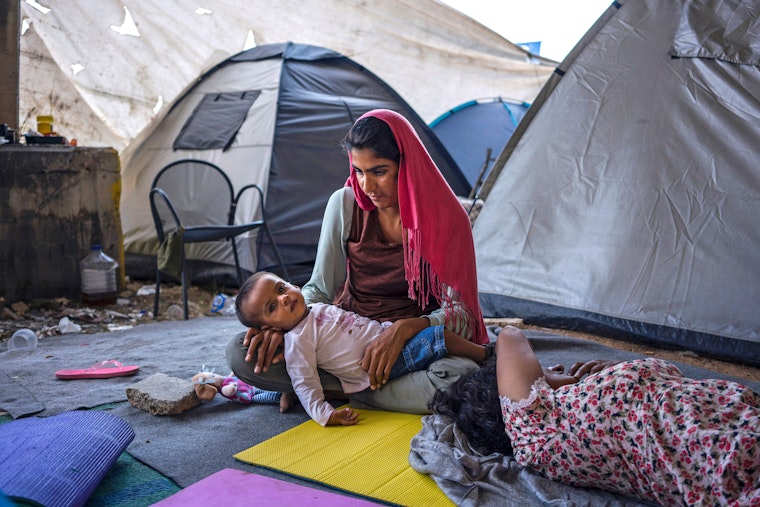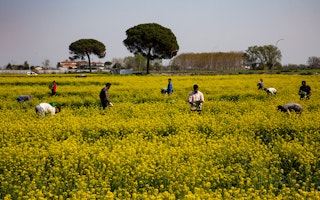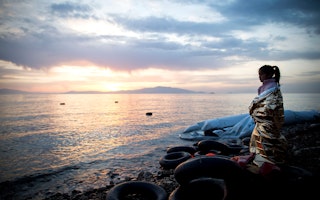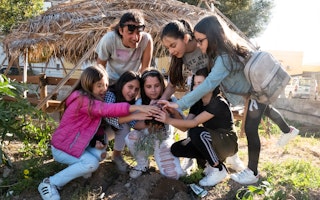Elevating the Voices of Women and Children in the Refugee Crisis
By Viviana Waisman

Every Thursday for the past five months, eight lawyers and activists have gathered around a conference table in our Madrid office to plan out our response to the European refugee crisis. One goal was to focus attention on the needs of women and children who have been particularly vulnerable to abuses in camps and in transit. Many of these meetings are filled with debates about legal theory, procedure, and strategy. But whenever a team of our attorneys returns from the field, we put those matters aside and listen.
In one such meeting, an attorney described what it was like interviewing women in Piraeus, the port in Athens where refugees are living in inhumane conditions after fleeing war and instability in Syria, Iraq, and Afghanistan. Despite the difficulty of the conversations, she said that the women held their heads high throughout the process. When the team offered to stop the interviews, the women insisted they continue, saying, “Ask me.”
In all, our team interviewed 12 Syrian women between the ages of 16 and 50. Instead of finding protection and relief on European soil, they have been trapped in makeshift camps—some of which resemble prisons—without access to adequate food, sanitation, water, or safety. Three of them were pregnant and had difficulty even accessing basic medical care; one woman described borrowing her friend’s Turkish identification papers in order to have a cesarean at a private clinic. Most women live in fear of sexual violence, smuggling, and trafficking mafias.
The women we interviewed wanted their stories told—to improve their own lives, the lives of their children, and the lives of the thousands of others trapped, frightened, and adrift in transit through Europe on any given day. In June, Women’s Link filed a complaint against the European Commission, alleging that the European Union failed to assess the human rights impact of an agreement on migration it entered into with Turkey earlier this year (put forward in a joint statement issued by the European Council in March).
By taking legal action, Women’s Link wants to ensure that women and children are not forgotten as the world struggles to respond to the refugee crisis. Earlier this month, the European ombudsman announced that it will investigate the actions of the European Commission based on our complaint and several others.
The day after the ombudsman’s office announced the investigation, we received a letter from the commission in response to our questions about the human rights impact evaluation of the EU–Turkey agreement. The commission asserts that the agreement is successful because lower numbers of people are entering Europe, making no mention of the thousands of people living in unsafe camps or those who died at sea due to a lack of safe passage.
We await the ombudsman’s investigation. In the meantime, we will continue to fight—using the law to protect the rights and dignity of all those trapped at Europe’s borders.
Women’s Link Worldwide is a grantee of the Open Society Foundations.
Viviana Waisman is the president and chief executive officer of Women’s Link Worldwide.


